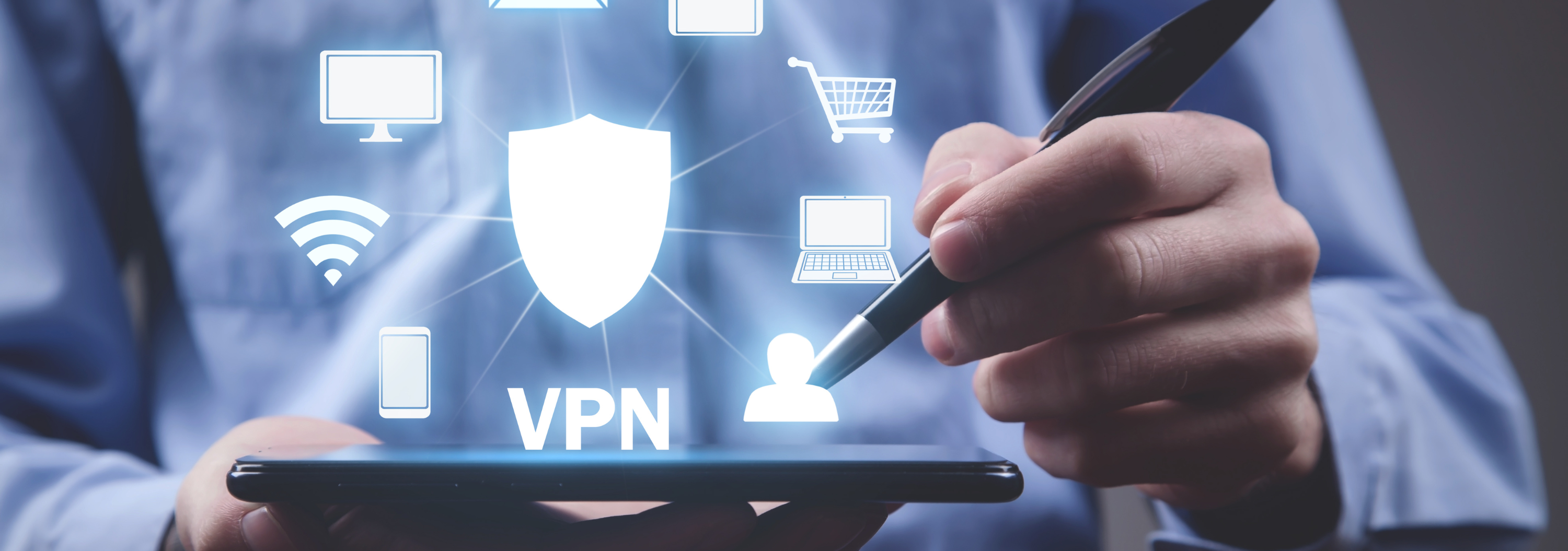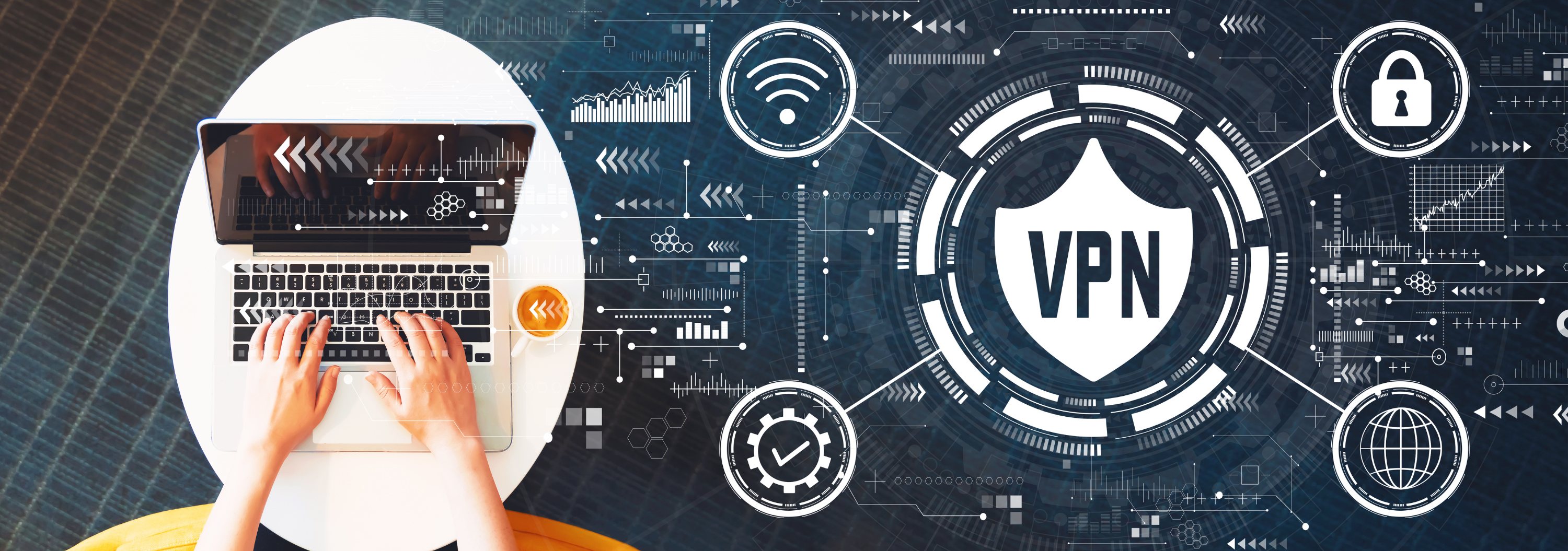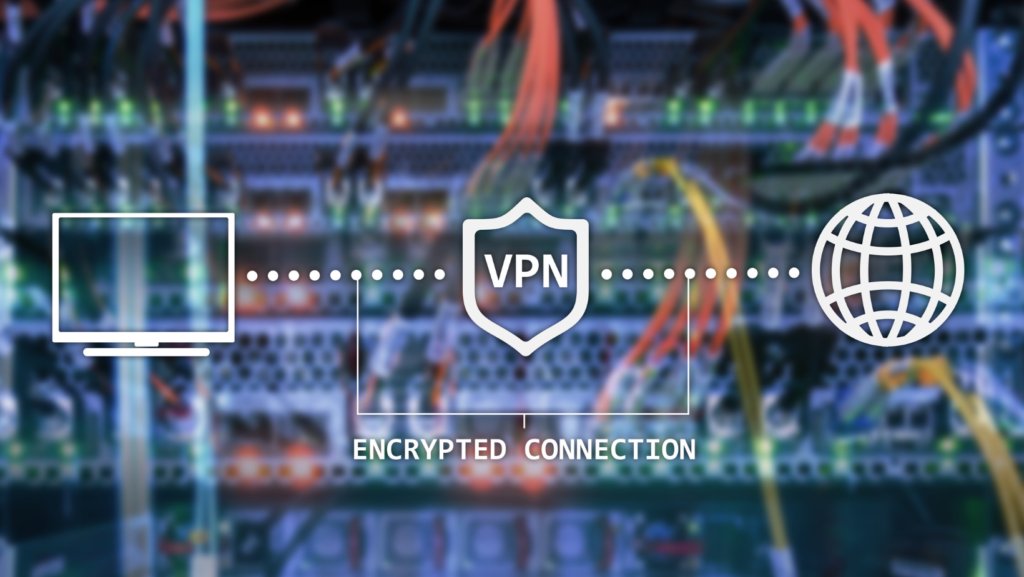Virtual Private Networks (VPNs) are a vital tool in the digital age. They are designed to provide an encrypted tunnel for your online activities, protecting your data from prying eyes. Simply put, VPNs are the bodyguards of your internet traffic, ensuring that your sensitive information remains confidential and secure.
The Importance of VPNs
In an era where data breaches and privacy concerns are rampant, Virtual Private Networks (VPNs) have become increasingly important. They provide an additional layer of security, making it harder for hackers to access your data. Whether you’re making online transactions or simply browsing the web, using a VPN can help safeguard your online privacy.

How VPNs Work
Understanding how Virtual Private Networks (VPNs) work is key to appreciating their role in online privacy. When you connect to a VPN, it encrypts your internet connection. This means that all the data you send and receive travels through a secure tunnel, making it difficult, if not impossible, for anyone to intercept or read your data. This includes your internet service provider, hackers, and even governments.
Benefits of Using VPNs
Using Virtual Private Networks (VPNs) comes with several benefits. Apart from providing online privacy, VPNs also offer other advantages:
- Anonymity: VPNs hide your IP address, making it difficult for anyone to track your online activities.
- Access to Geo-Restricted Content: With a VPN, you can access websites and services that are blocked in your region.
- Secure Public Wi-Fi Use: Public Wi-Fi networks are often unsecured, making them a prime target for hackers. A VPN can protect your data on these networks.
Choosing the Right VPN
While Virtual Private Networks (VPNs) are essential for online privacy, it’s important to choose the right one. Not all VPNs are created equal. Some may log your activities, while others might not have strong encryption. When choosing a VPN, consider factors like its privacy policy, the strength of its encryption, and whether it keeps logs of your activities. Reviews and recommendations can also be helpful in making an informed decision.

VPNs and Online Privacy
Virtual Private Networks (VPNs) play a crucial role in protecting online privacy. They encrypt your data, hide your IP address, and provide safe access to the internet, even on public Wi-Fi networks. While they’re not a complete solution to online privacy issues, they’re a significant step in the right direction. So, for anyone concerned about their online privacy, using a VPN is a must.
Sources:
- Cisco: What is a VPN?
- Kaspersky: What is a VPN?
- ExpressVPN: How Does a VPN Work?
- Surfshark: What is a VPN?
- Wired: Best VPN Services for 2022

